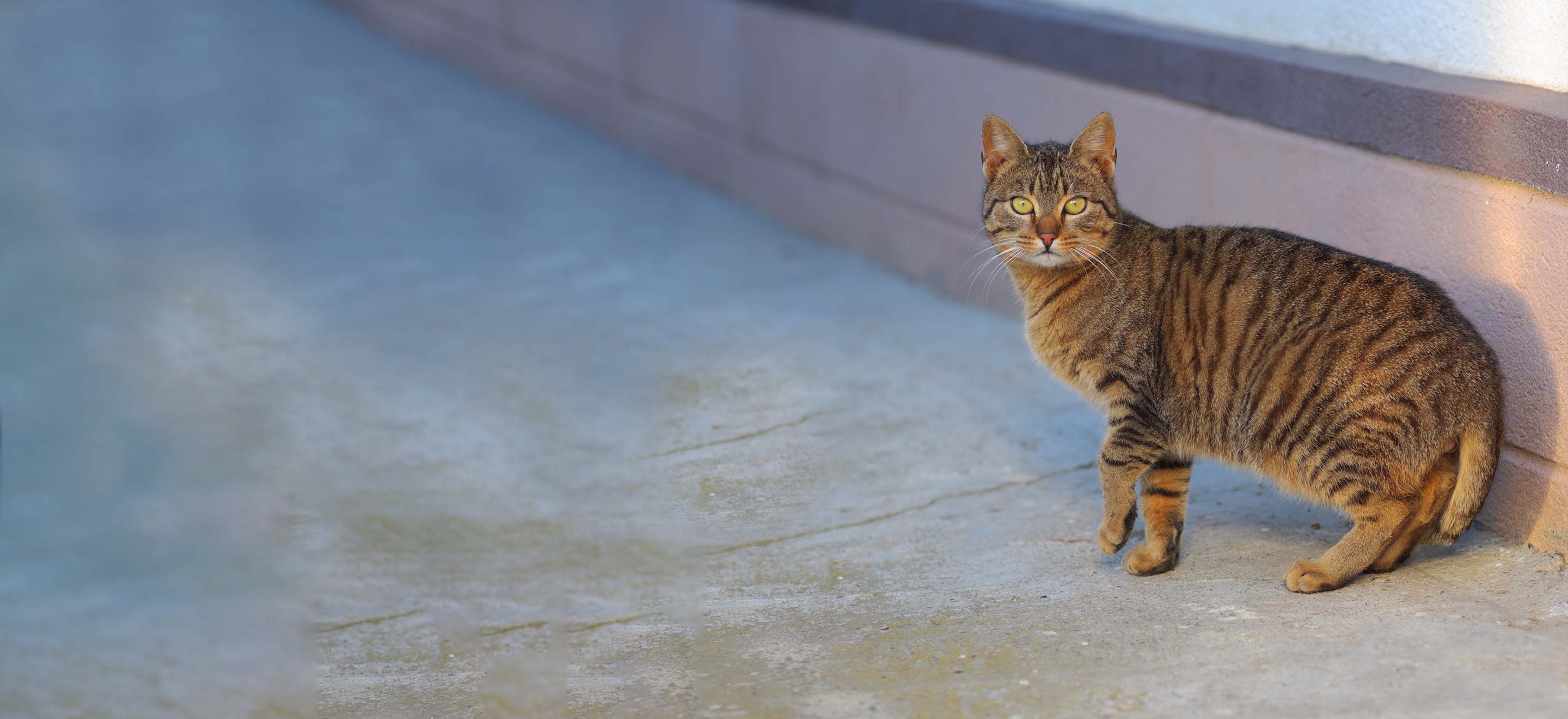Can You Adopt an American Bobtail Cat from a Shelter? A Critical Examination of the Complexities
Introduction
The American Bobtail cat, a distinct and captivating breed known for its naturally short tail, has captured the hearts of cat enthusiasts worldwide. While adoption from a shelter is a commendable act that aligns with animal welfare principles, the complexities surrounding the adoption of American Bobtails require a thorough examination. This essay will delve into the challenges and considerations associated with adopting an American Bobtail cat from a shelter, exploring the ethical implications, breed-specific characteristics, and the availability and preparation required for a successful adoption.
Ethical Considerations
Adopting a cat from a shelter is an act of compassion and responsibility. However, ethical concerns arise when considering adopting a specific breed, such as the American Bobtail. Animal welfare organizations emphasize the importance of prioritizing the welfare of all cats, regardless of breed. By focusing on adopting American Bobtails, one may inadvertently contribute to the overpopulation of other cats in shelters. It is imperative to approach adoption with an open mind and consider all cats in need of a loving home.
Breed-Specific Characteristics
The distinctive features of American Bobtails, including their short tail, large size, and affectionate nature, may appeal to certain adopters. However, it is crucial to be aware of their breed-specific characteristics and potential health concerns. American Bobtails are prone to hypertrophic cardiomyopathy (HCM), a heart condition that can be fatal if left untreated. Adopters must be prepared for the possibility of veterinary expenses associated with this condition. Additionally, while American Bobtails are generally playful and affectionate, they can also exhibit independence and occasional aloofness.
Availability and Preparation
The availability of American Bobtails in shelters varies widely. While some shelters may occasionally have American Bobtail mixes or rescues, finding purebred American Bobtails in a shelter setting can be challenging. Therefore, adopters should be prepared to expand their search beyond shelters and explore breed-specific rescue organizations or breeders.
Adopting an American Bobtail requires thorough preparation. Potential adopters should research the breed's characteristics, potential health issues, and the necessary care and environment. Providing a safe and stimulating home, including appropriate toys, scratching posts, and veterinary care, is essential for the well-being of this breed.
Conclusion
The adoption of an American Bobtail cat from a shelter presents a complex array of ethical, breed-specific, and practical considerations. While the allure of this distinctive breed is understandable, it is imperative to approach adoption with a holistic perspective that prioritizes the welfare of all cats. Ethical concerns, breed-specific characteristics, and availability should be carefully considered. By thoroughly researching and preparing for the adoption of an American Bobtail, potential adopters can make an informed decision that aligns with their values and the needs of the animal.
Reflecting on the broader implications of these findings, it becomes evident that adopting a pet, regardless of breed, is a lifetime commitment. Shelters and rescue organizations play a vital role in providing second chances to countless animals, and their efforts should be supported and celebrated. By embracing a compassionate and responsible approach to adoption, we can collectively contribute to the well-being of all animals in need.
Why Cavalier King Charles Spaniels Are Great For Mental Health
German Shepherds And Their Unique Approach To Playtime
How Australian Mist Cats Interact With Children



